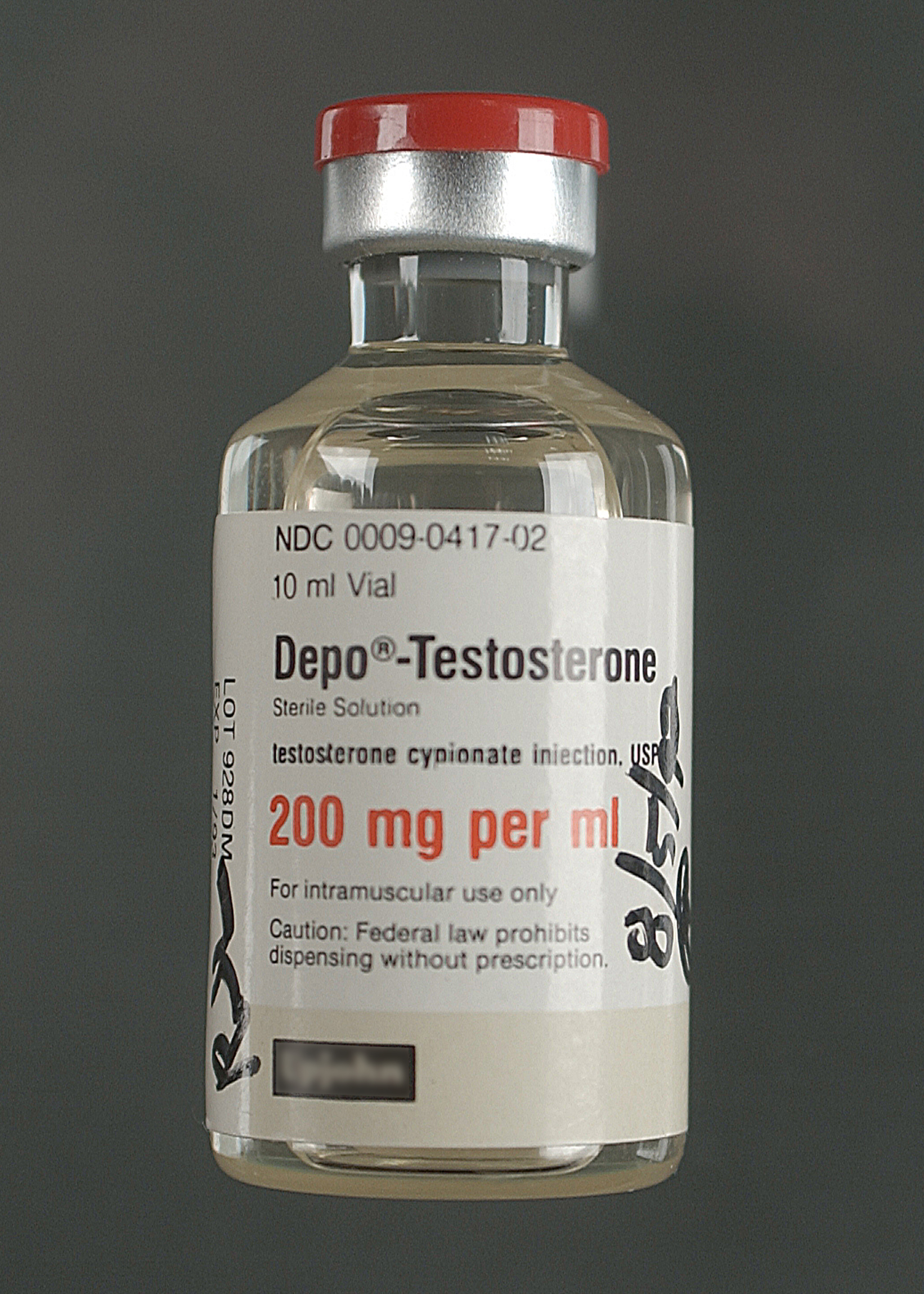How believable is the data hinting that testosterone has neuroprotective effects? #MSBlog #MSResearch
“At first glance this small exploratory trial of testosterone in men produces some interesting data and suggests it is neuroprotective in men with MS. Problems? The variability of MRI brain atrophy typically requires 60-80 subjects per arm in a 2 year study to discern a meaningful outcome. 10 subjects in an 18 month study (6 month baseline vs. 12 month treatment) is far too small to be confident this is a real effect. I larger parallel group study is required (~80 per arm for 2 years). Please note that testosterone replacement therapy is not without risks; it is associated with an increased risk of prostate cancer, vascular disease (myocardial infarction and stroke) and hypertension to name a few. Therefore it may be very difficult to get this study past the regulatory authorities and ethics committees. The side effect profile makes this an unexciting treatment to take forward in MS. In addition, the treatment strategy is only targeting males and not the majority of MSers who are female.”
Kurth et al. Neuroprotective effects of testosterone treatment in men with multiple sclerosis. Neuroimage Clin. 2014;4:454-60.
Background: MS is an inflammatory and neurodegenerative disease of the central nervous system. While current medication reduces relapses and inflammatory activity, it has only a modest effect on long-term disability and gray matter atrophy.
Objective: Here, we have characterized the potential neuroprotective effects of testosterone on cerebral gray matter in a pilot clinical trial.
Methods: Ten men with relapsing–remitting MS were included in this open-label phase II trial. Subjects were observed without treatment for 6 months, followed by testosterone treatment for another 12 months. Focal gray matter loss as a marker for neurodegeneration was assessed using voxel-based morphometry.
Results: During the non-treatment phase, significant voxel-wise gray matter decreases were widespread (p≤ 0.05 corrected). However, during testosterone treatment, gray matter loss was no longer evident. In fact, a significant gray matter increase in the right frontal cortex was observed (p≤ 0.05 corrected).
Conclusions: These observations support the potential of testosterone treatment to stall (and perhaps even reverse) neurodegeneration associated with MS. Furthermore, they warrant the investigation of testosterone’s neuroprotective effects in larger, placebo controlled MS trials as well as in other neurodegenerative diseases. This is the first report of gray matter increase as the result of treatment in MS

What is the opinion on this? Would it not explain the age related degeneration theory?
There's also been reports and studies done on people with spinal injuries showing lower testosterone levels in those people
Would this neuroprotective effect also work on the spinal cord? As in ppms patients
If it is neuroprotective in the brain it will be neuroprotective in the spinal cord and if it is neuroprotective then this would benefit MS not just one type of MS. However any treatment has to be balanced by the side effect potential
There's also a study being conducted in America using this exact principle https://clinicaltrials.gov/ct2/show/NCT02317263
So if you live in the LA area have a read if you want to take part
I live in the UK but know ALOT of people not msers who supllement with testosterone and have done for years albeit younger peopleI suppose the biggest risk is prostrate and cardiac issues which I assume are more prevelant at an older age?If t levels are already low, supplementation won't harmI've read elsewhere that lower testosterone leads to increased disability, there may be a link somewhereThe U.S. trial is for spms and ppms too which is good news!
One more thingApparently in the trials it showed very little effect on lesion enhancement etcWhich suggests that it would be benefi orogressive msers more than remitting typeIt could be a useful add on thoughWould the fact it slows atrophy in both brain and spinal cord suggest that it would slow or stop orogression of disability in progressive Ms?
Any views chaps seeing as your the best blog about
I cant give advice but there are studies ongoing that will advice at the moment the treatment is not anapproved option
I've spoken to Dr Voskuhl from ucla Their new study cost $8,000,000And like you it's not for profit of big pharma etc so I tend to think there's somethjng in itShe's also said that there was noted improvement from 6 months onThere must be some experience from neuros who have had patients on testosterone therapy as a coincidence surely?
Or even msers who have been on it?I believe theirs was 10mg per day
Any ideas?
Neuros are not going to comment on experimental treatments as they will not provide information that may help people do self treatments as we cant support this
Is there any point posting on the older threads or threads that are not relevant to you guys personally? It looks like there's no replies on these
Yes plenty of point. The neuros may not check comments or may be wont comment
Chasing votes for best blog I seeI personally have posted more than 4 questions lately none of which answeredI wouldn't mind if you guys were busy solving the disease issue or even hitting targets with charcot project, I have read loads of articles where prof g and prof gold said they would have results in late 2014Now we're being told eve later Brill!
Results maybe at ECTRIMS